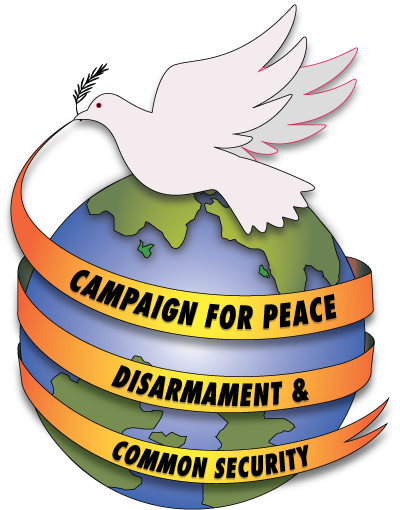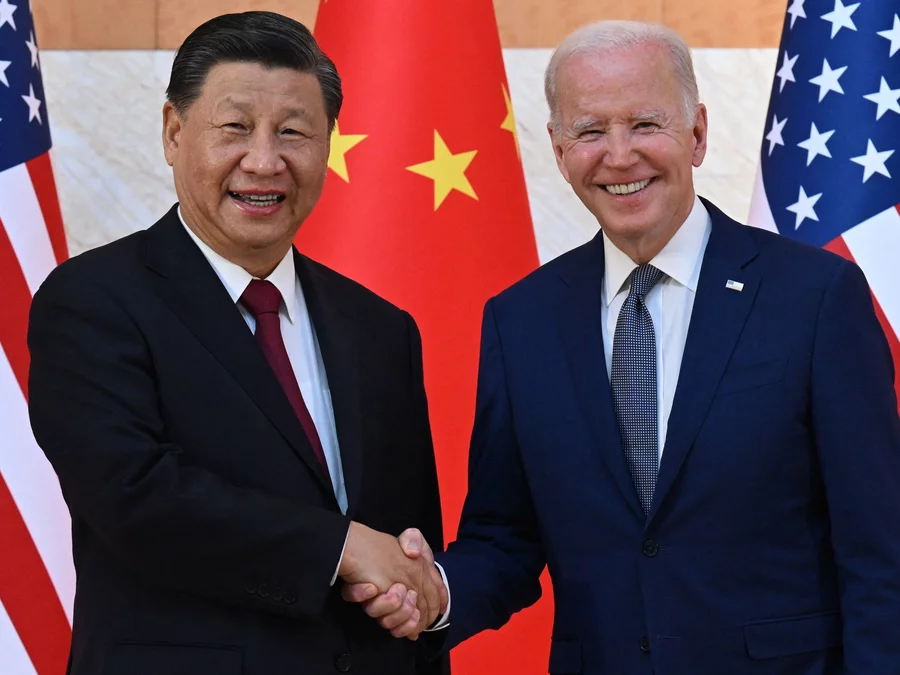Dear Editor
In his Sept. 10 Ideas piece, “Too often, military defense comes off as offense,” Stephen Kinzer warns that the United States and China are locked in an increasingly dangerous and confrontational arms race, creating a “security dilemma.” It is, as political scientist Graham Allison has warned of a “Thucydides Trap,” the inevitable tensions between rising and declining powers that frequently have led to catastrophic conflicts, such as World Wars I and II. Kevin Rudd, former Australian prime minister, now ambassador to the United States, warns that we are sleepwalking into an “avoidable” war.
There is an offramp: diplomacy based on the notion of common security.
More than 40 years ago, at the height of the spiraling US-Soviet arms race, the Swedish prime minister, Olof Palme, convened the Independent Commission on Disarmament and Security Issues. It brought together senior figures from the United States, the Soviet Union, and Europe, including former secretary of state Cyrus Vance and Mikhail Gorbachev’s top security adviser, Georgy Arbatov. In its 1983 report, the commission concluded that no nation can feel safe when its actions lead its rivals to feel threatened.
To prevent a catastrophic war, the commission recognized the need to engage in diplomacy that both identified the security fears that drove countries’ preparations for nuclear war and addressed them with win-win solutions. Its report and its members’ insight served as a foundation for negotiation of the 1987 Intermediate-Range Nuclear Forces Treaty, which functionally ended the Cold War two years before the fall of the Berlin Wall.
Common security negotiations today between the United States and China, focused on Taiwan, the Korean Peninsula, and the South China Sea, can resolve the security dilemma and prevent “avoidable” and catastrophic war.
Joseph Gerson
Watertown
The writer is president of the Campaign for Peace, Disarmament, and Common Security.

